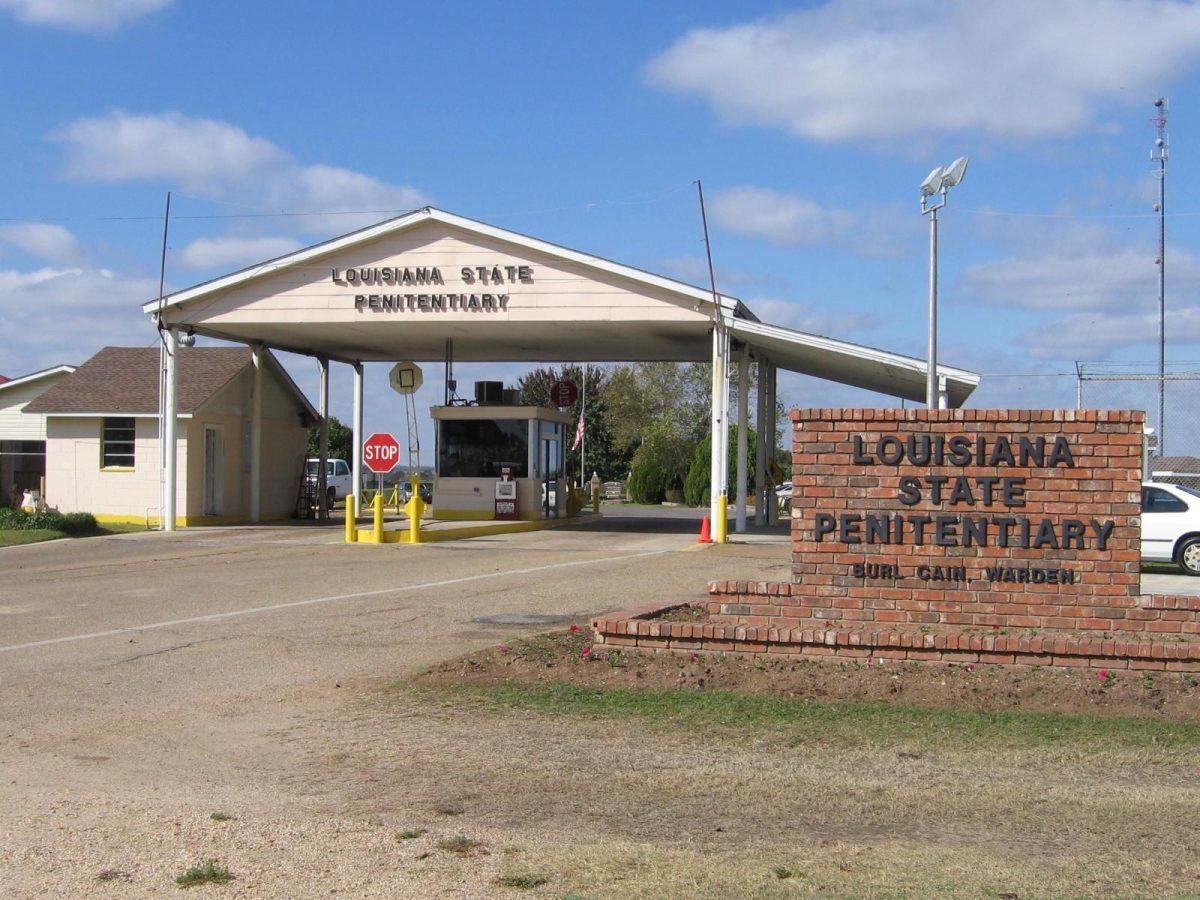U.S. News and World Report released a study that ranked Louisiana last in a list of best states to live in.The states were judged based on categories such as healthcare, education and crime and corrections.
For years, Louisiana has been known as “the world’s prison capital.” If you’re first in America in prison rates, you’re first in the world. Our state has become famous, not for it’s rich history and vibrant culture, but for its incredibly high incarceration rate. What is interesting about the U.S. News and World Report’s ranking is that while Louisiana has the highest incarceration rate, it’s not the state with the worst crime rates.
“The people in Louisiana are not innately more sinister, more evil or more criminal than people elsewhere,” Gov. John Bel Edwards told The Advocate.“Why do we have the highest incarceration rate in the nation?”
According to Federal Bureau of Justice statistics, for every 100,000 residents, there are 776 people in Louisiana prisons.
This high rate of incarceration puts a heavy burden on Louisiana taxpayers. It’s estimated that each inmate in Angola Prison costs taxpayers $23,000 per year.
This high rate of incarceration is due, in part, to Louisiana’s “three strikes law,” which allows the state to give out harsh sentences to people who’ve committed a felony three or more times.These sentences are usually life in prison, and in Louisiana, that automatically means no chance for parole, even if the felony is non-violent, as many of them are.
These offenders are usually African-Americanmales. In New Orleans, one in 14 African-American men are in prison.
One such inmate is 49-year-old Preston Russell, an inmate at Angola Prison. Russell was a troubled teen who got into drugs and whose criminal record escalated from there. He was eventually convicted as a multiple offender, and the prosecution asked for the maximum sentence — the same one given to murderers.
Since the “war on drugs,” Louisiana has targeted low-income African-American communities in an effort to slow the drug trade. However, instead of trying to help people who’re convicted of drug crimes through rehabilitation efforts, our state sees fit to put them in prison for life.
Another big problem in the Louisiana prison system is the high rate of recidivism. More than half of inmates released this year will be back in prison within five years. According to the Louisiana State Bar Association, one reason for a high rate of reentry is the heavy fines that go along with criminal convictions.
Louisiana not only sends non-violent criminals to prison at higher rates than other state, but also fines criminals more than they’re able to pay. Heavy fines make reentry more difficult than it already is.
Many people criticized Gov. John Bel Edwardsfor wanting drastic prison reform so that the state could reduce the prison population. However, we should be supporting these efforts.
Non-violent offenders should be offered second, third and fourth chances. Especially when they’re in a system designed for them to fail. Louisiananeeds more effective methods of rehabilitation for drug-related crimes. Many offenders never receive help before they’re sentenced to live their life in prison.
The important fact to note is that in addition to being No. 1 in imprisonment, Louisiana imprisons more non-violent criminals than any other state.
Reducing Louisiana’s prison population will reduce prison spending. This money could be put to use for programming that reduces a person’s likelihood of committing further crimes, like education and rehabilitation centers. Louisiana needs to find suitable places for ex-convicts to fit into the workforce and make it easier for them to be integrated into society as law abiding citizens.
Louisiana needs serious prison reform.
Abbie Shull is a 23-year-old mass communication junior from St.Louis, Missouri.
Opinion: Louisiana prison system in need of reform
By Abbie Shull
March 17, 2017
The front gates of Louisiana State Penitentiary stand below passing clouds in Angola, LA.





